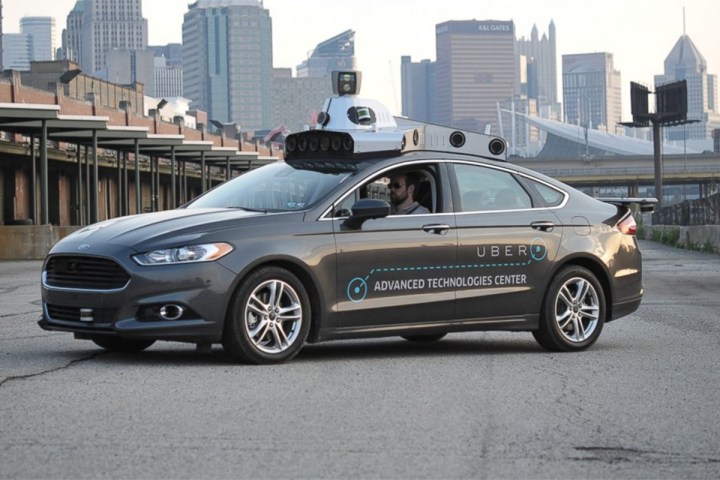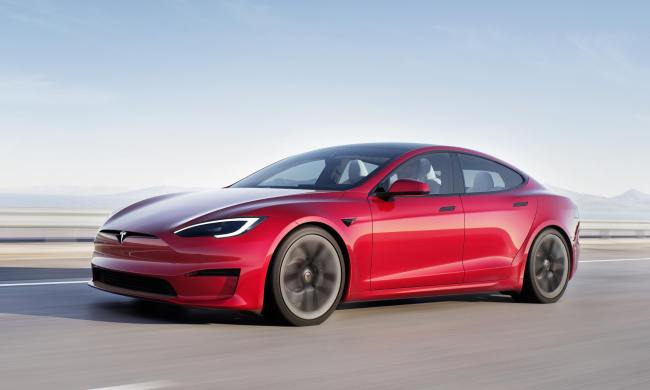
Uber has been working on its self-driving car technology for quite some time now, but it won’t just benefit itself. As per new reports, the ride-sharing company is looking to sell its autonomous tech to third-party companies, including Toyota and others. The Nikkei wrote earlier this week that Uber is in the process of negotiating a deal with the Toyota in order to install a self-driving system in one of the company’s minivans.
The publication further noted that Shigeki Tomoyama, a Toyota executive vice president, and Gill Pratt, the carmaker’s autonomous intelligence development lead, met with Uber CEO Dara Khosrowshahi in Pittsburgh, where Uber’s research and development team is headquartered.
“We regularly exchange information about automated driving with Uber for some time now,” a spokeswoman for Toyota told Reuters, though she also noted that no decisions have currently been made outside of the existing partnership between the two companies.
The move seems to be the latest in Uber’s longstanding battle with Google’s Waymo to establish supremacy in the race to self-driving cars. Waymo has already proven its mettle by being the first company to launch fully autonomous taxi rides in Phoenix. The firm is also looking to test self-driving trucks.
Not to be discouraged, however, Uber is looking to partner with larger companies in order to bring its technologies to the road. The system being discussed for installation is said to centrally process data derived from cameras, sensors, and lidar. The technology can actually be installed in any vehicle, and will thereby equip the car with self-driving capabilities (but not under emergency situations).
While Toyota is creating its own self-driving technology, it has noted that it is open to using software and hardware from other companies as well in order to accelerate its timeline for making autonomous vehicles widely available. And Uber certainly isn’t a stranger to partnerships with automakers. The company is already working alongside Volvo in order to develop self-driving technology, and recently signed a deal to bring Mercedes-Benz parent company Daimler into the mix as well. So we could soon find ourselves driving (or sitting in) Toyotas running Uber technology.


